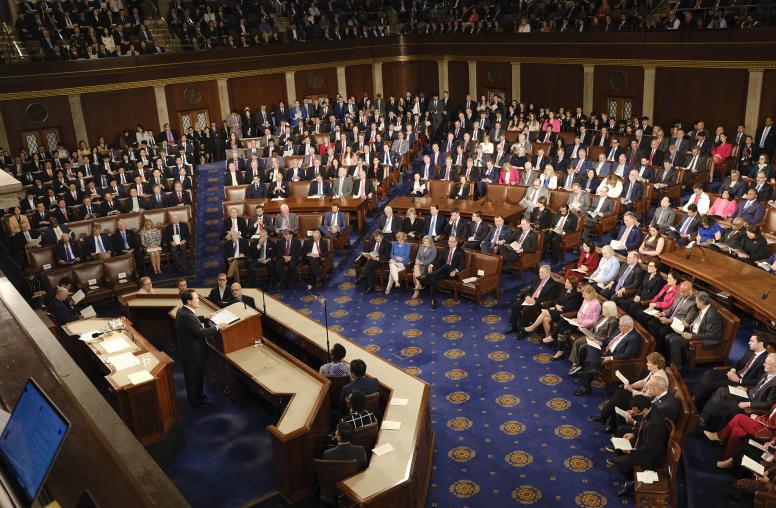Jan Egeland: Protecting People
Population protection has become an increasingly critical element for the United Nations (UN) and other international organizations undertaking peacemaking, crisis response, and post-conflict stabilization. People displaced by natural disasters, violent conflict, or ethnic tensions create a growing challenge as international actors attempt to coordinate with national authorities and the expanding scope of independent nongovernmental organizations.
Recent reform efforts have sought to enhance the funding, response capacity and staff of the United Nations' international relief operations. Officials are also looking beyond saving lives to promoting long-term security bolstered by sustainable peace and human rights. Can international organizations effectively fulfill the responsibility to protect vulnerable populations? How will international crisis management evolve? Together, Jan Egeland and Soren Jessen-Petersen will draw on more than sixty years of combined experience to explore the recent history and possible future of international crisis response.
Archived Audio
To listen to audio or to view video, please click on the links provided below. You also can right click on the links and choose "Save Target As" or "Download Linked File." This will save the file to your computer and then allow you to play it in your media player directly. More Audio Help.
- Listen to the audio from this event.
1:13:34 - 13.4MB
Speakers
- Jan Egeland
Director General of the Norwegian Foreign Affairs Institute and Former Under-Secretary General for Humanitarian Affairs and Emergency Relief Coordinator - Soren Jessen-Petersen
Guest Scholar, U.S. Institute of Peace and Washington Representative of Independent Diplomat - Daniel Serwer, Moderator
Vice President, Post-Conflict Peace and Stability Operations, U.S. Institute of Peace




